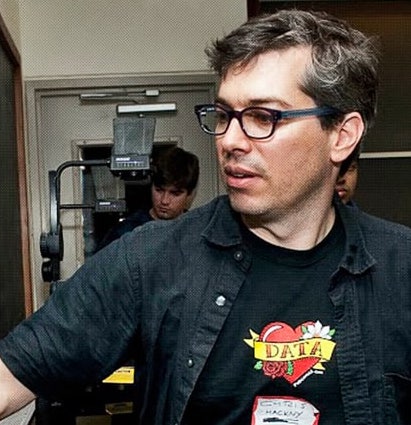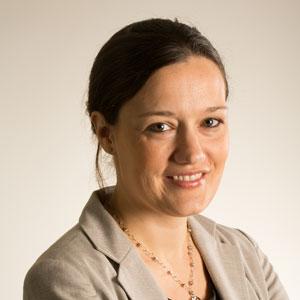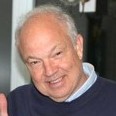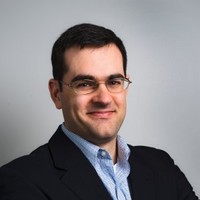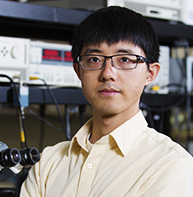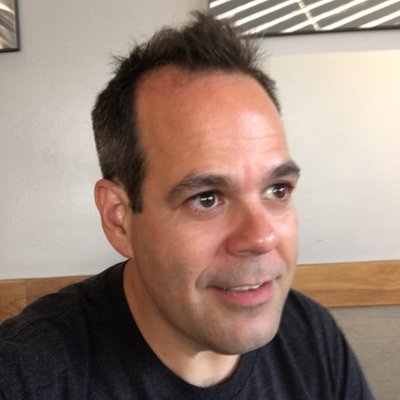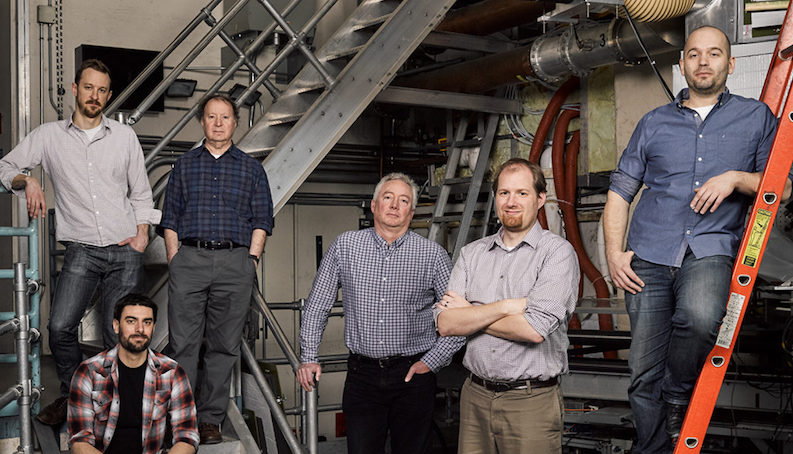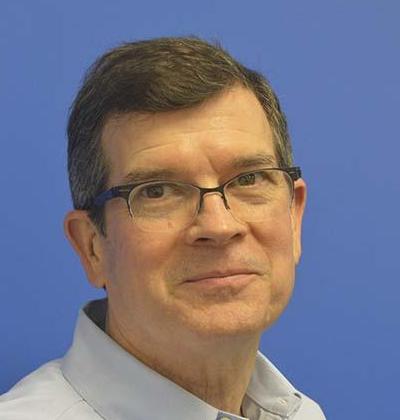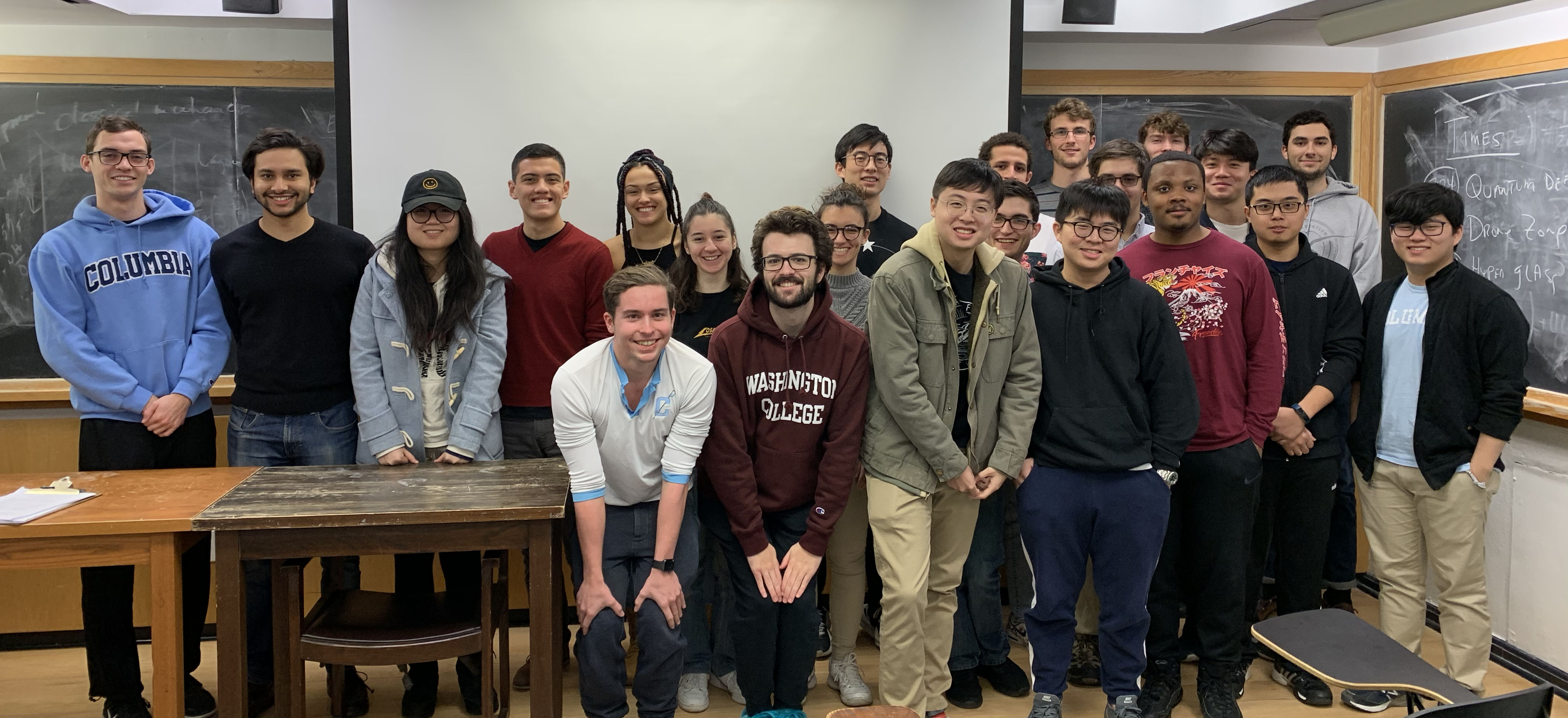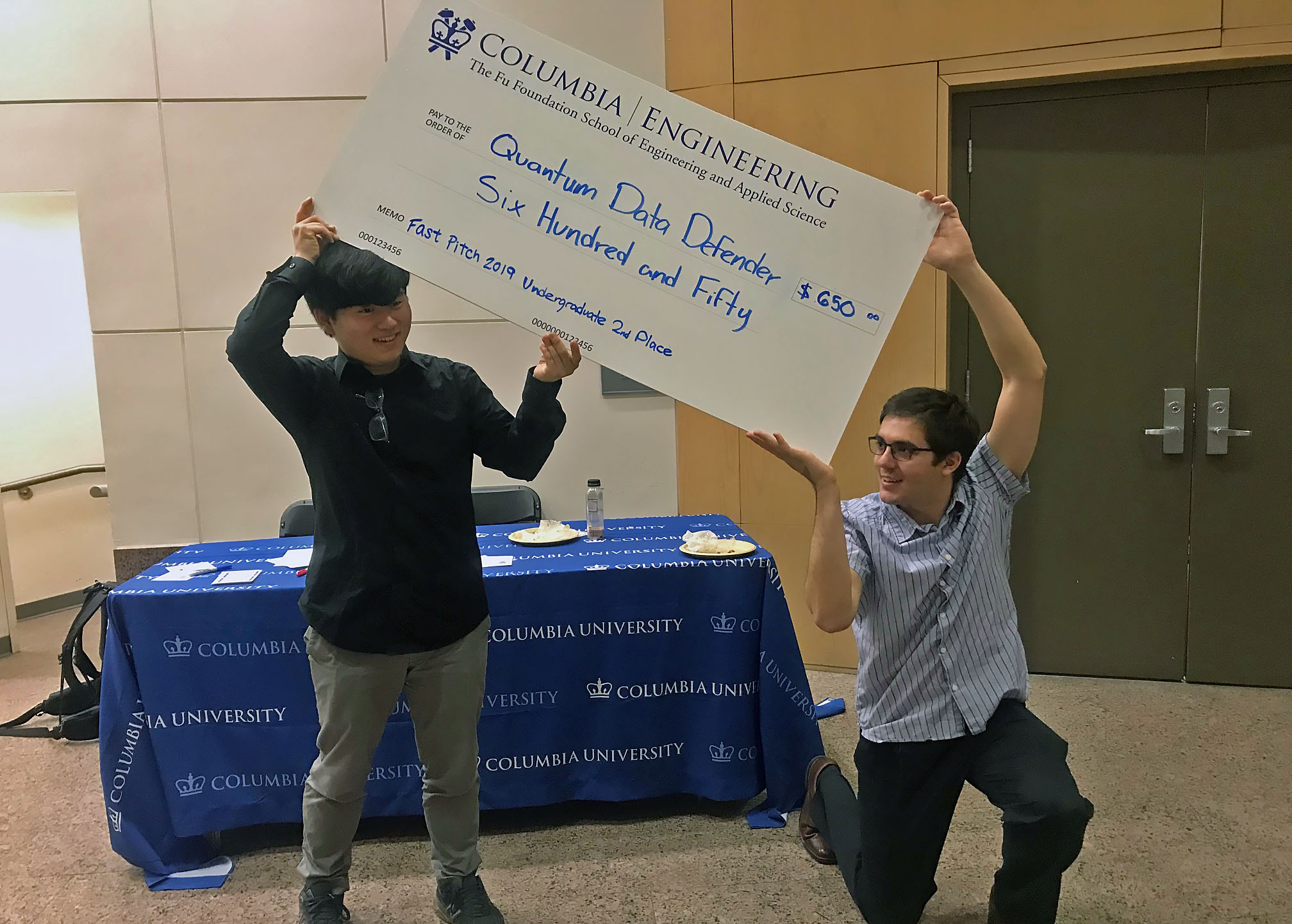This year's themes are Entrepreneurship and High-Tech Startups.
The importance of applied physics in advancing commercialized products and starting business was featured in the November 2014 issue of Physics World. This year also coincided with the Nobel Prize in Physics being awarded to Isamu Akasaki, Hiroshi Amano and Shuji Nakamura "for the invention of efficient blue light-emitting diodes which has enabled bright and energy-saving white light sources." These technology advancements drove rapid commercialization with applications in consumer electronics and lighting. Because LED lighting is efficient and relatively low cost, the LED lighting is business exceeds $8BUSD and is expected to grow beyond $50BUSD by 2025.
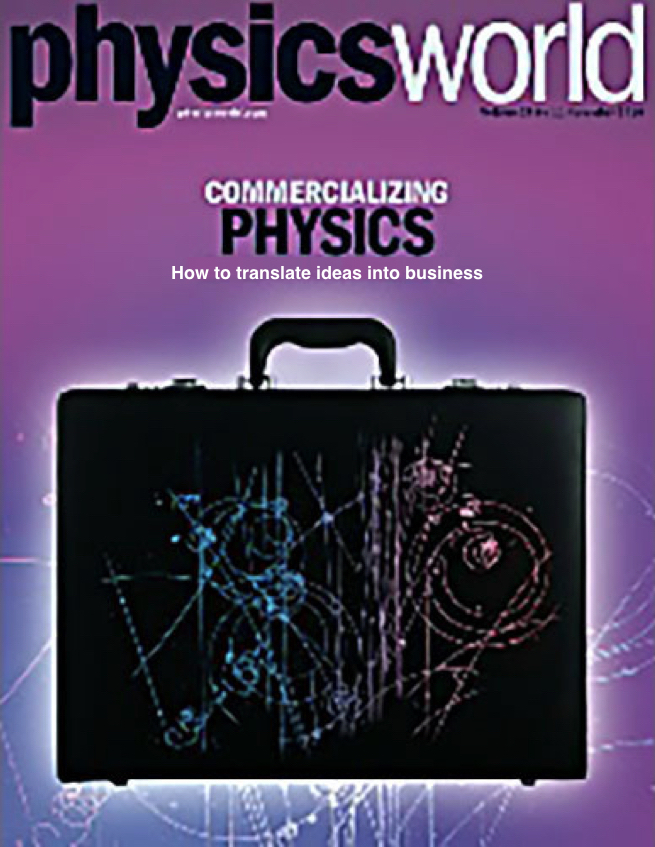
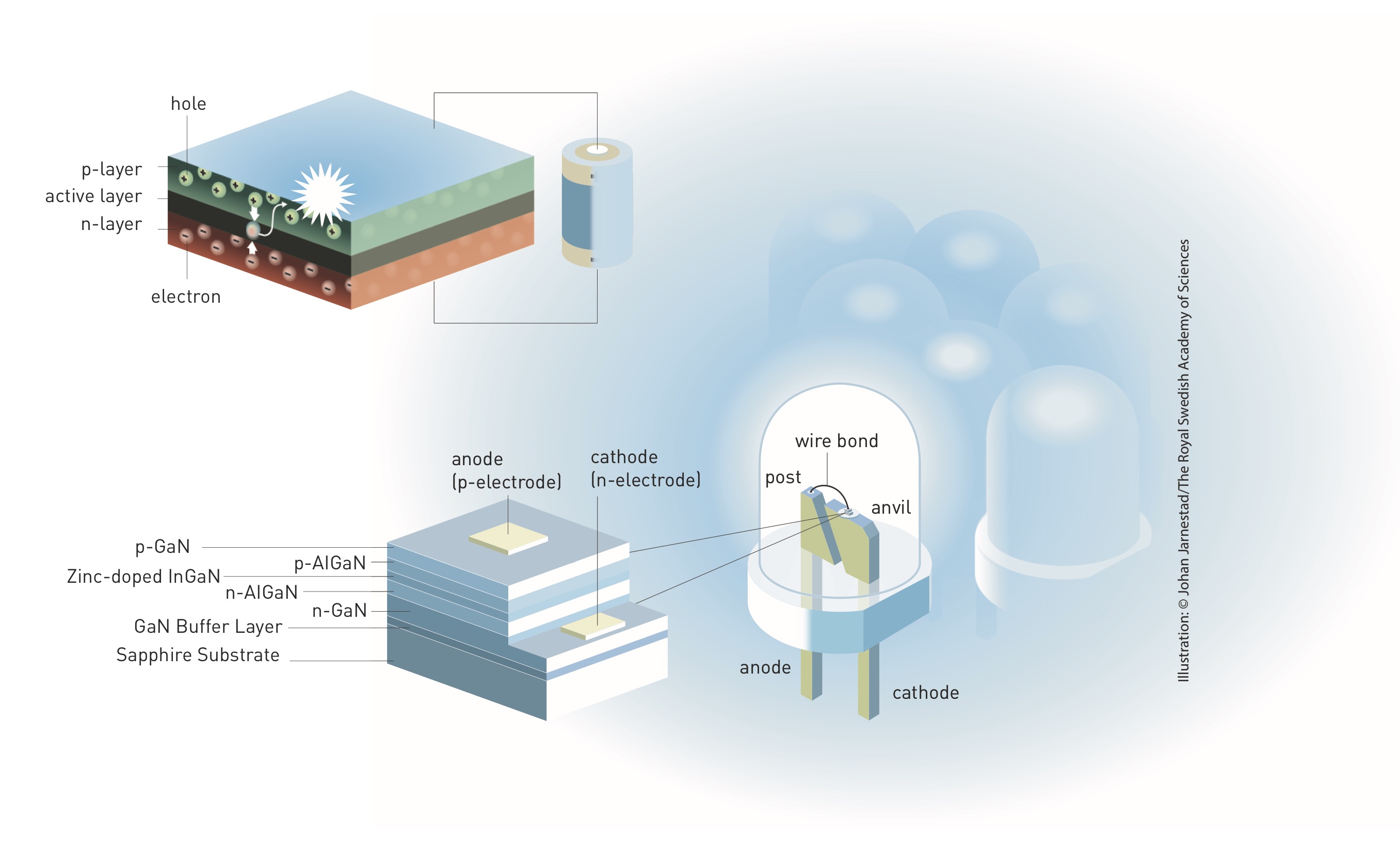
Applied physics is central to many innovations with commercial applications. Applied physicists are natural innovators. This semester we'll discuss examples of applied physics entrepreneurship and learn from innovators stories of business startups and commercialization.
In preparation for this seminar, you should read over useful background materials. Please check out the following links:
- Physics entrepreneurship and innovation, from American Institute of Physics (AIP, 2014). This is one of the first accounts of startups owned by entrepreneurial physicists. Over 150 entrepreneurs were interviewed. Some reasons leading to business success or failure were described. Good articles include:
- Navigating the valley of death, by James Dacey 2014 Phys. World 27 (11) 29.
- From lab to marketplace, an introduction by Matin Durrani 2014 Phys. World 27 (11) 15.
- Blue LED research wins Nobel Prize, by Hamish Johnston 2014 Phys. World 27 (11) 6.
- More push than pull, by Jesko von Windheim 2014 Phys. World 27 (11) 35.
- The rocky road to success, by Floor van de Pavert 2014 Phys. World 27 (11) 40.
- A little help from the crowd, by Jon Cartwright 2014 Phys. World 27 (11) 45.
- Risky business: A study of physics entrepreneurship, by Orville R. Butler and R. Joseph Anderson, Physics Today 65, 12, 39 (2012).
- From Humble Beginnings, James McKenzie, the vice-president for business at the Institute of Physics, reflects on what hi-tech start-up businesses need to get off to a flying start (August 2019).
- Preparing physics students for 21st-century careers, by Laurie McNeil and Paula Heron, Physics Today 70, 11, 38 (2017) is an opinion of the value of understanding the commercial world in physics along with the technical and fundamentals.

This year's theme is motivated by two opportunities: (i) Columbia University's significant activity from every part of campus, and (2) my research interest in developing fusion power and the growing interest in high-risk venture funding to fund the technology developments that could lead to clean unlimited energy.
Look at some of the many activities at Columbia University where you can get involved with innovation, design, and entrepreneurship:
- Columbia Entrepreneurship Design Studio, located in Room 430 of the Riverside Church (645 W 120th street, New York, NY 10027), offers "design sprints," "studio hours," "short courses," and projects for both beginners and experts.
- The Columbia Startup Lab (CSL) for innovation start-up teams haing at least one founding member who has graduated from Columba University.
- Startup Columbia (the annual entrepreneurship festival!)
- Columbia "Technology Challenge" where students and Columbia alumni compete for funding support by presenting business model plans wityh a focus on product development, innovative design, and new technologies. See the 2018 winner announcement here.
- Look at the "startup directory" associated with Columbia University students, faculty, and alumni.
- Columbia Fast Pitch Competition 2019 (Thursday, November 21, 2019 from 5:30-8:30pm). Fast and furious, Fast Pitch is Columbia’s elevator pitch competition. Teams must sell their customers and our judges in 60 seconds or less. Winning teams will be judged to be the most concise, complete, and compelling. Attendance is free, the experience is priceless.
Fusion energy science technology has advanced sufficiently that private and corporate ventures are funding start-ups to commercialize fusion tech. Among the most recent startups include Commonewealth Fusion Systems, founded upon knowhow in magnetic confinement and superconducting magnets developed at MIT. These efforts benefit from the world's largest international applied energy research effort, called ITER, by advancing higher-risk approaches. See Dan Clery's article in Science, 26 April 2017, 356, p 360, Private fusion machines aim to beat massive global effort. Below shows industrial partners in the Fusion Industry Association.

